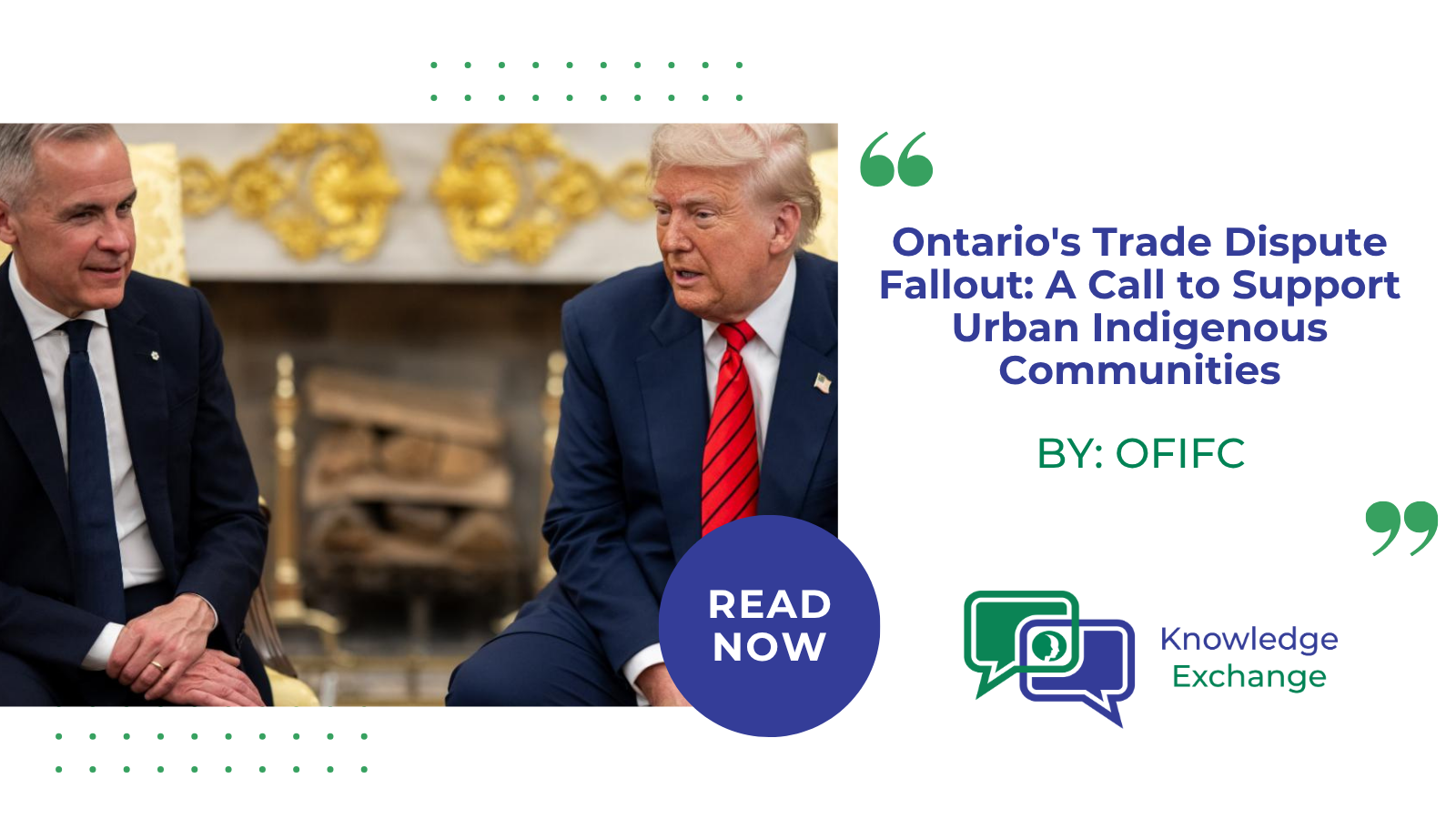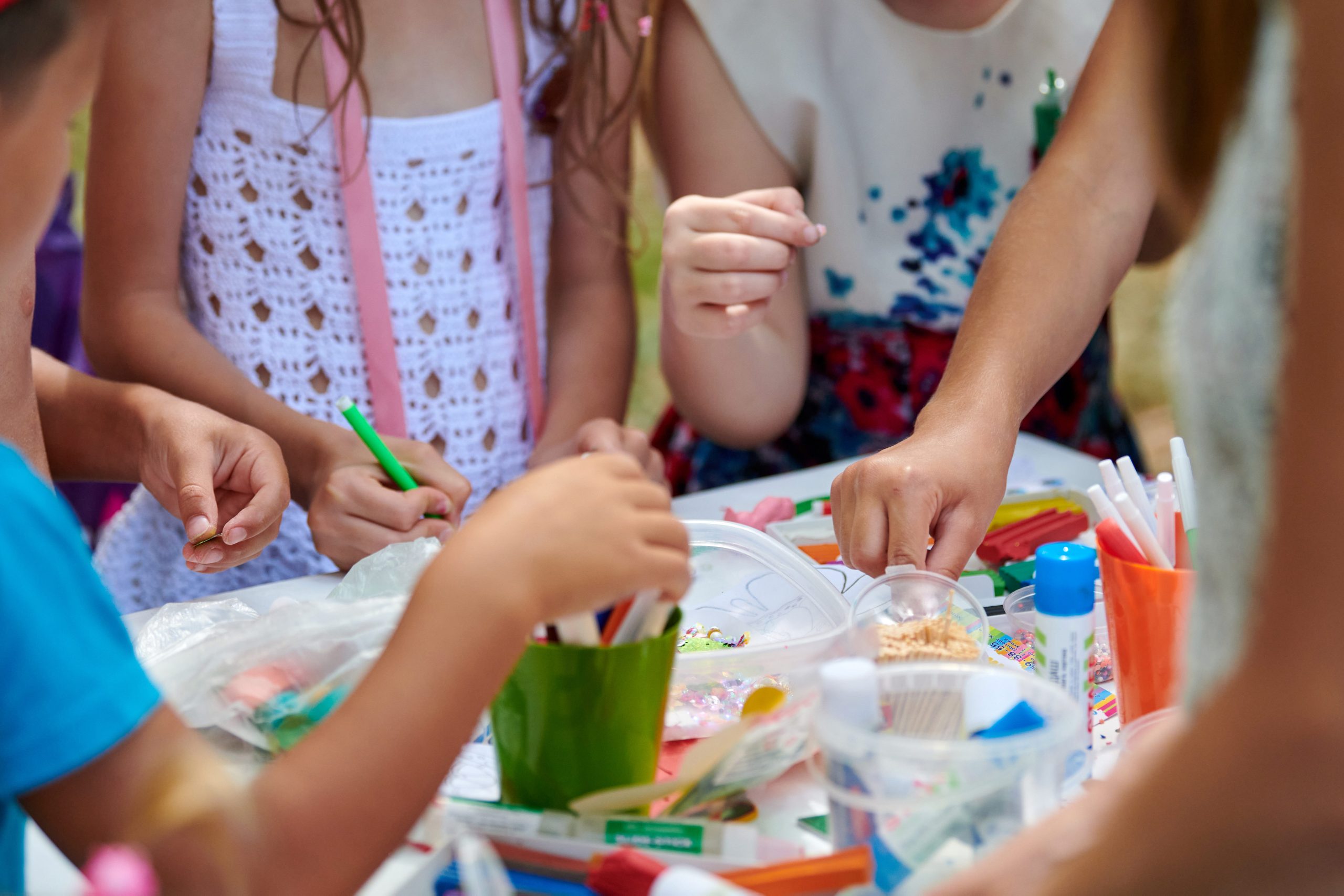The ongoing trade dispute with the United States is reshaping Ontario’s economy in profound ways. Economists are warning of a troubling mix of inflation and recession. As this crisis deepens, the Ontario Federation of Indigenous Friendship Centres (OFIFC) is calling on all levels of government to include Indigenous voices – including the OFIFC and its network of Friendship Centres – in economic planning and to make strategic investments that prevent further hardship in urban Indigenous communities.




